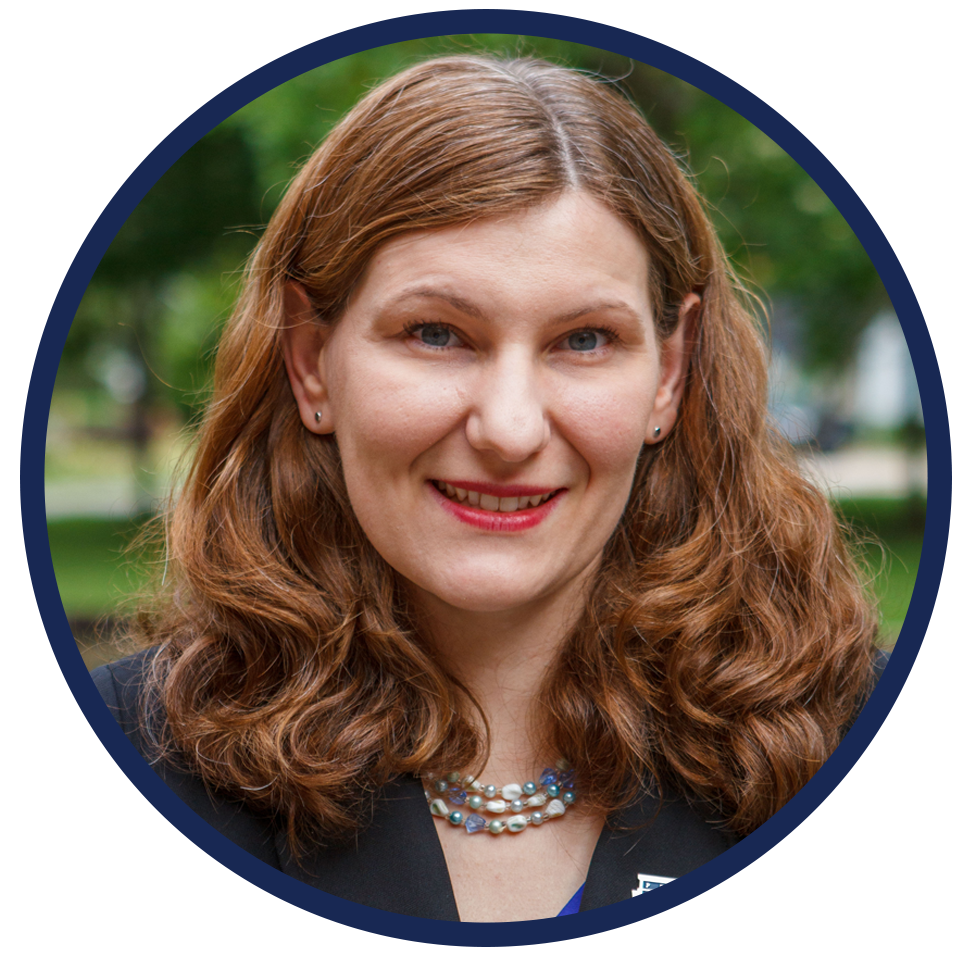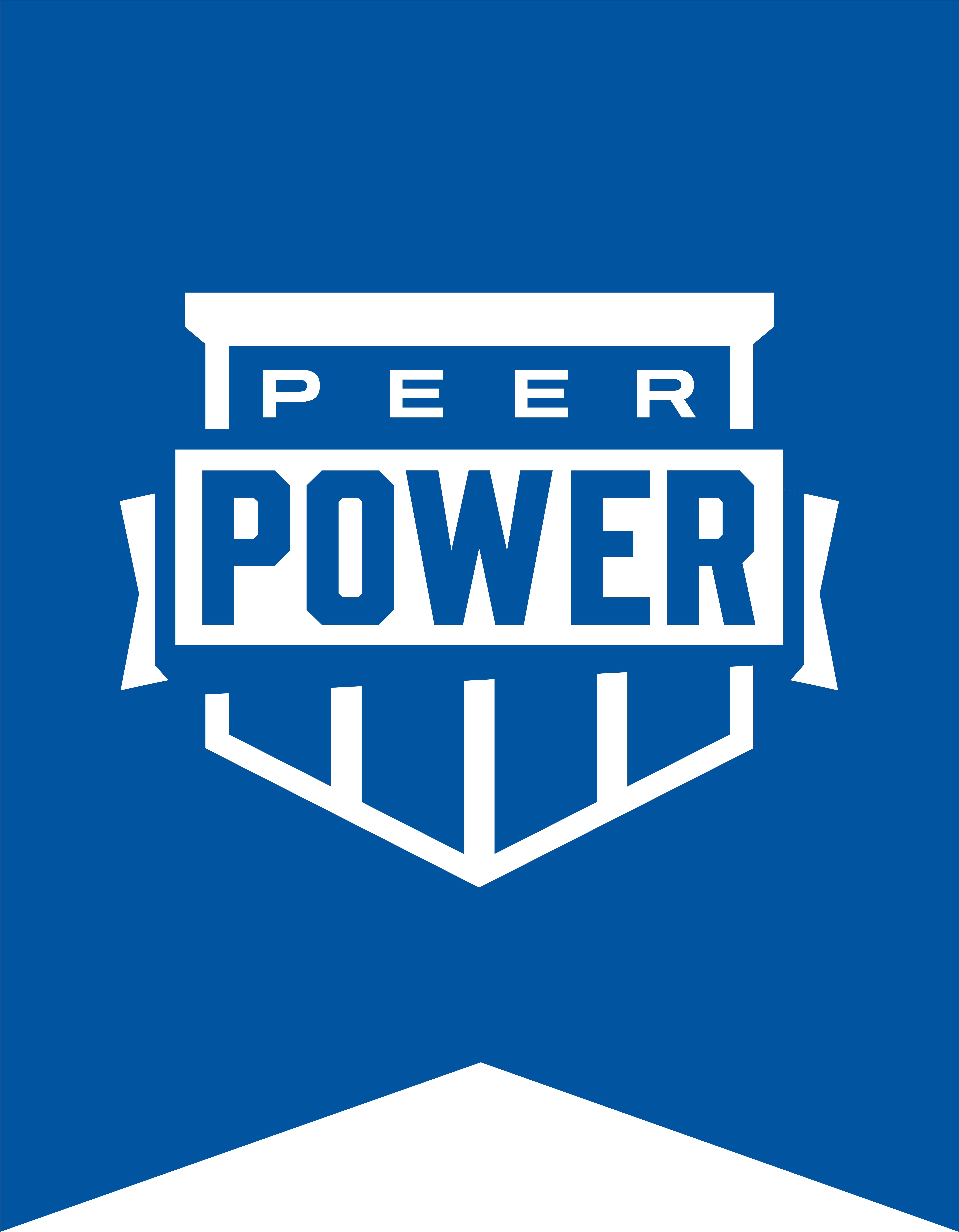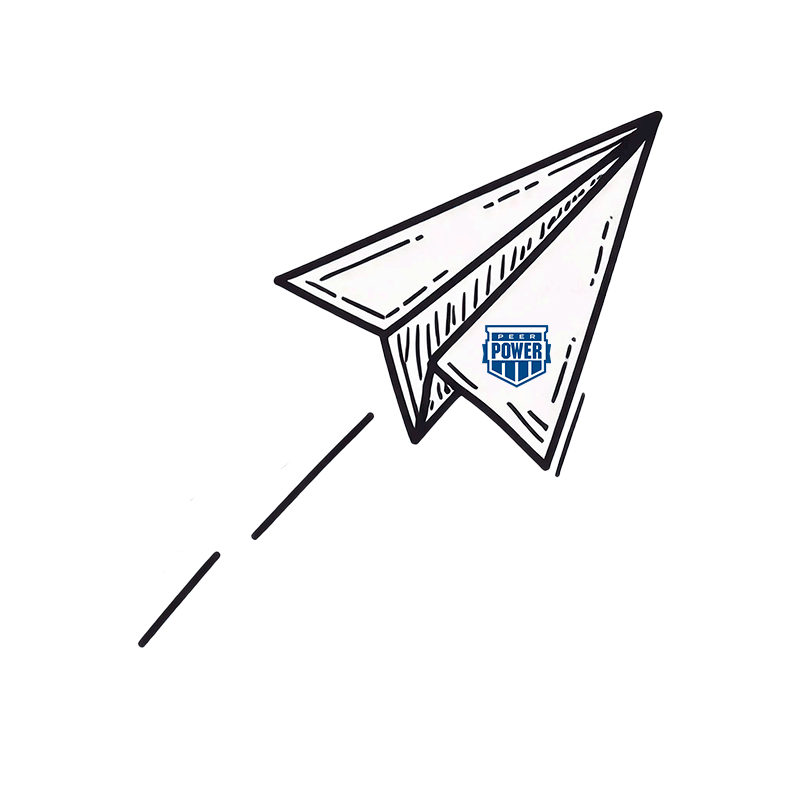Dr. Marygrace Hemme’s Speech at the 2023 Success Coach Graduation
Memphis, TN, August 4th, 2023 –Thank you so much, Cortney. That was quite an introduction. I’m so happy to be here with all of you today. And as Cortney said, I’m not here alone, but it’s not just because I’m going to have a baby soon. It’s also because I’m going to be talking about the partnerships that Peer Power cannot do our work without: the University of Memphis, Memphis Shelby County Schools, and other local and national partners.
So Cortney has made the theme for this year about being a beam for Peer Power—being a beam of light, being a beam of support. When I think about a beam, I think about being in a spotlight. And one might say that this year Peer Power has been in many spotlights from coast to coast and locally.
About a year ago, we developed a partnership with the Mentor Memphis Grizzlies program. Within a year, we’ve been promoted from a bronze level partner to a silver level partner based on our evidence-based practices and their implementation. And we’re not stopping there; we’re aiming for gold this year.
We’ve also established a partnership with Seeding Success. Through this collaboration, we’ve trained all of our full-time staff in data use and literacy as we foster our data culture. This allows us to use data to inform our practices and continually improve.
Looking at the light beaming from the West Coast, back in August, I was interviewed by someone from Stanford University as part of the National Student Support Accelerator program. They wanted to know about our practices, programs, and training. As a result, we were featured in their “High Impact Tutoring Higher Institution Playbook,” which is used by higher education institutions to implement tutoring programs with college students as tutors. We were also invited to a conference at Stanford in May, further strengthening these relationships.
Now, shifting to the beam of light from the East Coast, our partnership with the University of Memphis is pivotal. Through federal work-study wages for our coaches, we garnered attention from the White House and their senior adviser for the US Department of Education. This led us to become part of their initial cohort of committed partners, aiming to increase the number of college students working in schools.
Thanks to this partnership, the University of Memphis has pledged over 20% of their federal work-study funds to community and school service programs, with Peer Power being their priority partner. This funding will greatly benefit us.
Continuing on the East Coast, we were awarded a 2022-2023 Design Challenge grant from Johns Hopkins University’s Pathways to Adult Success program. This grant supports a case study on our SIT (Student Intern Tutor) program. While we don’t yet have academic data, we collected survey data from our scholars and tutors. The results are interesting:
Students rated their tutoring enjoyment at 4.8 out of 5 on the smiley face scale.
Tutors were most commonly described as “helpful” and “fun.”
Tutors reported an increased interest in education and teaching.
High school intern tutors saw improvements in college and career readiness skills, including critical thinking, communication, and adaptability.
This light of college and career readiness doesn’t just impact our high school intern tutors. After our summer training, Success Coaches reported improved college and career readiness skills. This included better understanding of math and English Language Arts, improved communication, and enhanced critical thinking and problem-solving skills.
As we move forward, we plan to track the progress of our Success Coaches and student intern tutors as they develop through the light of Peer Power. Reflecting on Cortney’s concept of being a beam, I believe it’s not just about being in the spotlight, but also becoming the light. It’s time for Peer Power to enlighten others, to become a lighthouse for the country.
We’re well-placed to shine our light on the national stage. In the coming year, our focus will be on formalizing our research, data collection, and analysis. We aim to showcase that our educational innovations aren’t just based on evidence-based practices, but that we’re pushing boundaries in unique ways.
While many new programs are navigating the challenges of post-pandemic learning loss, Peer Power isn’t adrift anymore. We’ve already reached the shore, built our lighthouse, and it’s time to show that our practices are multi-dimensional. We support students and teachers in real-time, intervening before issues arise. Our coaches are adaptable, shifting between one-on-one and group tutoring, classroom support, and more.
Our Success Coaches don’t just focus on academics; they use wisdom and heart to empower students holistically. My role this year is to be the lighthouse keeper. I’ll help establish our data culture and research infrastructure, ensuring the light atop our lighthouse shines brightly. We’ll enlighten others from sea to shining sea, day and night through our Peer Power lighthouse.
Thank you.

Dr. Marygrace Hemme
Peer Power Institute Manager

